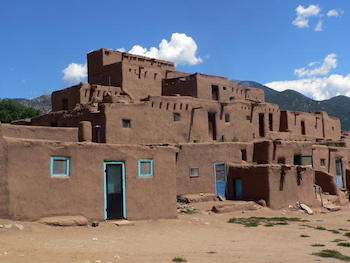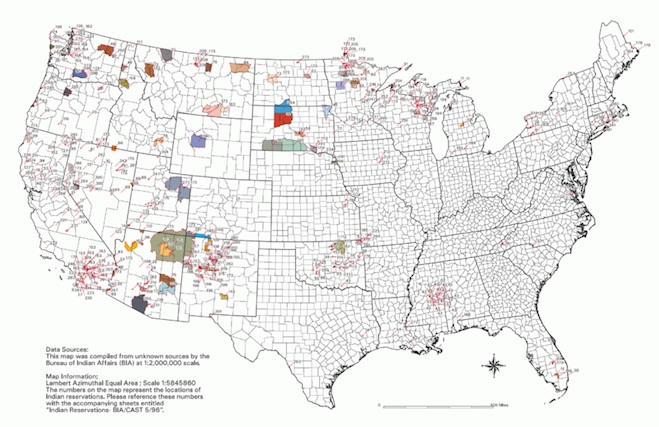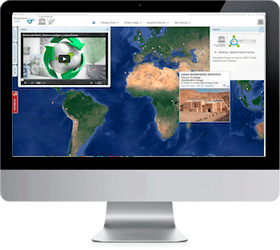Conference, Mai 19-20, 2014, Phoenix, AZ – USA.
Land under the supervision of the United States government that has been set aside permanently for the use of Native Americans is known as “Indian Country” and is the repository for vital energy resources. The Indian Country includes an important number of biosphere reserves and world heritage sites in USA. Places like Chaco, Taos Pueblo , Sonoran Desert, Aleutian Islands, Olympic NP, Everglades, Glacier NP among other UNESCO sites.
The National Congress of American Indians (NCAI) has estimated that tribal lands may contain as much as 10 percent of the nation’s traditional and clean energy resources. Prudent developers understand that developing a renewable energy project on tribal or Indian Country land is not a transaction with conventional leases, terms, financing, or collateral. These projects present legal and cultural complexities that must be addressed prior to, RES Initiatives Viewer, and throughout the entire development life cycle.
Managing the relationship between industry, tribal governments, and tribal community members is important to establishing and maintaining harmonious relationships between stakeholders throughout the energy development process. This conference will outline why developing a renewable energy project with a tribal entity on tribal or Indian Country lands is not a traditional project. Attendees will come away with an understanding of federal Indian law, tribal sovereignty, tribal government structures, tribal dispute resolution systems, and the elements of successful project development in Indian country. Engaging in conference discussions will be multiple governmental and tribal organizations such as the Bureau of Indian Affairs and the Bureau of Land Management, as well as multiple tribal and Indian Country project developers.
Photo Gallery. Their practical knowledge, which will be imparted through multiple case studies of actual projects, will provide insights for working more effectively with tribes and on the various policies related to environmental and cultural resource issues, while still developing energy in a cost-effective manner.
More information about the Conference (EUCI)

















